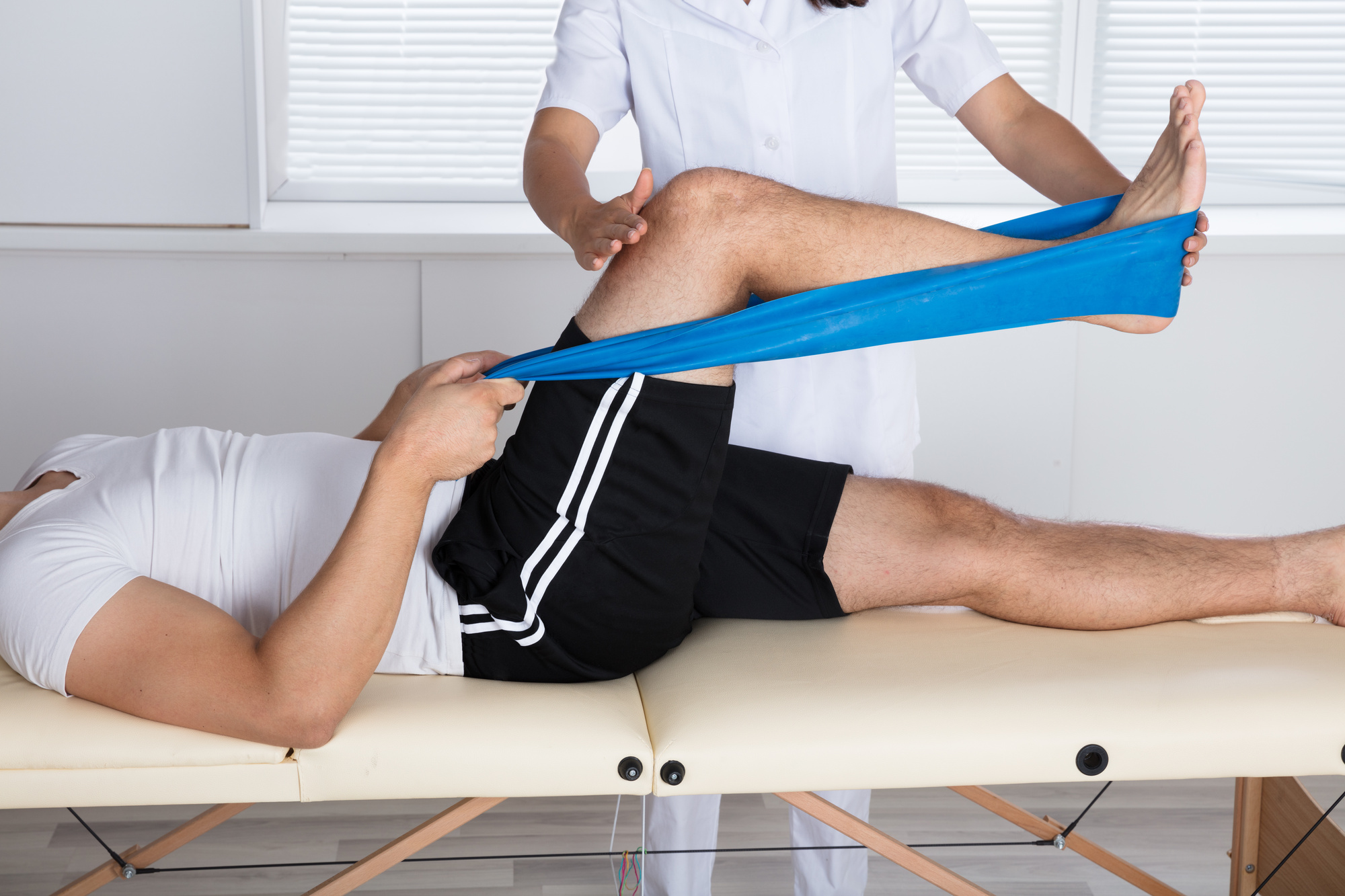Harnessing Psychological Strength to Optimize Performance in Athletic Treatment
Wiki Article
Mental resilience is an essential trait that can significantly elevate outcomes in physical recovery. Competitors often encounter setbacks that involve time away from their sport, which can be both bodily and mentally challenging. Psychological toughness refers to the ability to remain grounded and positive in the face of adversity. It helps players manage the pressure of rehabilitation, stay focused on their goals, and maintain determination throughout the healing process. By developing mental resilience, individuals can optimize their recovery experience and return to their sport more capable than before.

An key aspect of building psychological strength is setting realistic targets. When athletes are hurt, it is essential for them to have structured, realistic intentions during their healing. These milestones should be precise, quantifiable, reachable, meaningful, and time-bound (SMART) principles. For example, instead of saying “I hope to heal quicklyâ€, an athlete might set a goal like “I will follow my therapy routine three times weekly for four weeksâ€. This helps recovering individuals track their progress and keep their attention on what they can manage, reducing feelings of disappointment or negativity.
Another crucial factor in enhancing mental resilience is maintaining a constructive mindset. Competitors should practice encouraging inner dialogue and mental imagery practices to foster a constructive mental environment. Positive self-talk involves replacing negative thoughts with affirming statements. For instance, instead of thinking “I can’t do thisâ€, an individual could tell themselves “I’m getting stronger with every stepâ€. Imagery can also be beneficial; patients can imagine themselves performing well in their activity as they heal. These practices help build self-belief and reinforce the belief that recovery is possible.
Support systems play a critical role in fostering mental resilience during healing. Individuals should stay connected with motivating companions, loved wikipedia reference ones, trainers, and medical professionals who understand the challenges of healing. Honest conversations with these trusted individuals allows patients to express their emotions, worries, and struggles. Additionally, sharing experiences with other recovering peers can provide a sense of nutrition guidance from certified trainers community and understanding that makes the path easier. Knowing others have faced comparable obstacles can inspire hope and motivate athletes to push through.
In addition, awareness-based methods can greatly strengthen an athlete’s mental resilience during treatment. Mindful awareness involves being conscious of one’s thoughts and feelings without judgment. Practices such as meditation, controlled breathing, or gentle movement can help athletes manage anxiety and emotional pressure related to their condition. By incorporating these techniques into their daily routines, patients learn to stay focused and focused on their healing journey, rather than dwelling on what they have lost during their time off from activity. This method promotes emotional stability and encourages a constructive attitude towards recovery.